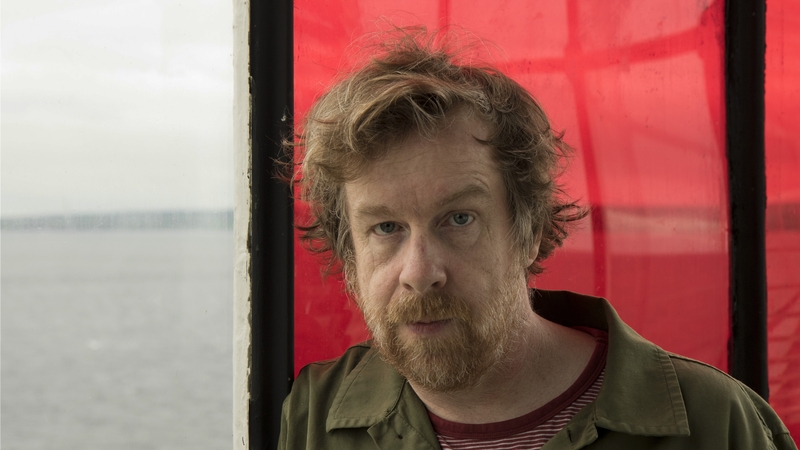
"Whatever you're most afraid of showing up in your in your work, you can rest assured that it's very nearby."
You have reached your article limit
Sign up for a digital subscription and continue reading all new issues, plus our entire archives, for just $1.50/month.
Already a subscriber? Sign in




